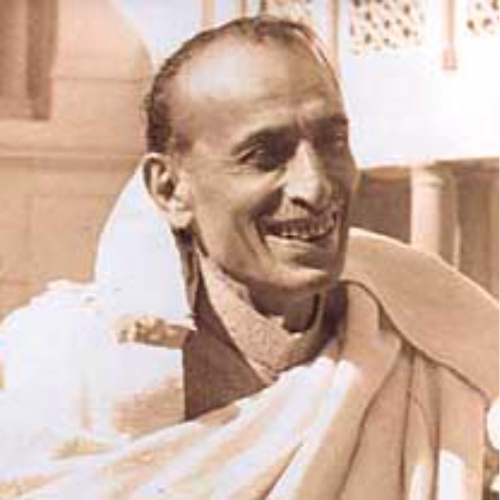Early Life
Jiwatram Bhagwandas Kripalani popularly known as Acharya Kripalani was born in Hyderabad, Sindh in 1888. He went on to study at the D.J. Sindh College in Karachi, present-day Pakistan, Wilson College, Bombay, and Ferguson College, Pune. In 1912, he began his career as an English and History teacher at Muzaffarpur College, Bihar. He taught briefly at Benaras University and later became the Principal of the Gujarat Vidyapeeth.
Role in India’s Independence Movement
As a student, Kripalani was involved in the Indian freedom struggle. He was an ardent Gandhi follower and in 1927 joined the Indian National Congress. He took part in the Champaran Satyagraha, the Non-Cooperation movement, and the Quit India movement.
He was elected as the Congress Party President in 1946 but resigned a year later due to growing differences with the party members on the role of the Working Committee.
Contribution to Constitution Making
Kripalani was elected to the Constituent Assembly from United Province. He was the Chairman of the Sub-Committee on Fundamental Rights. In the Assembly, he spoke on the Preamble.
Later Contributions
In 1951 Kripalani started his own political party – Krishak Mazdoor Praja Party – which later merged with the Praja Socialist Party. He left Praja Socialist Party and retired from active politics. He was a critic of the Indira Gandhi government and was arrested during the Emergency in 1975.
Key Writings:
Some of his writings include My Times: An Autobiography, Gandhi His Life and Thought, Some stray thoughts.
- On 10th December 1946, Kripalani moved resolutions to set in motion the election of the Chairman of the Constituent Assembly and adopt rules that govern the proceedings of the Assembly.
- During the discussion on Preamble, he urged that the Preamble should not be seen merely as a statement of legal or political principles but also an embodiment of ‘mystic principles’ that lay spiritual and moral guidelines.

